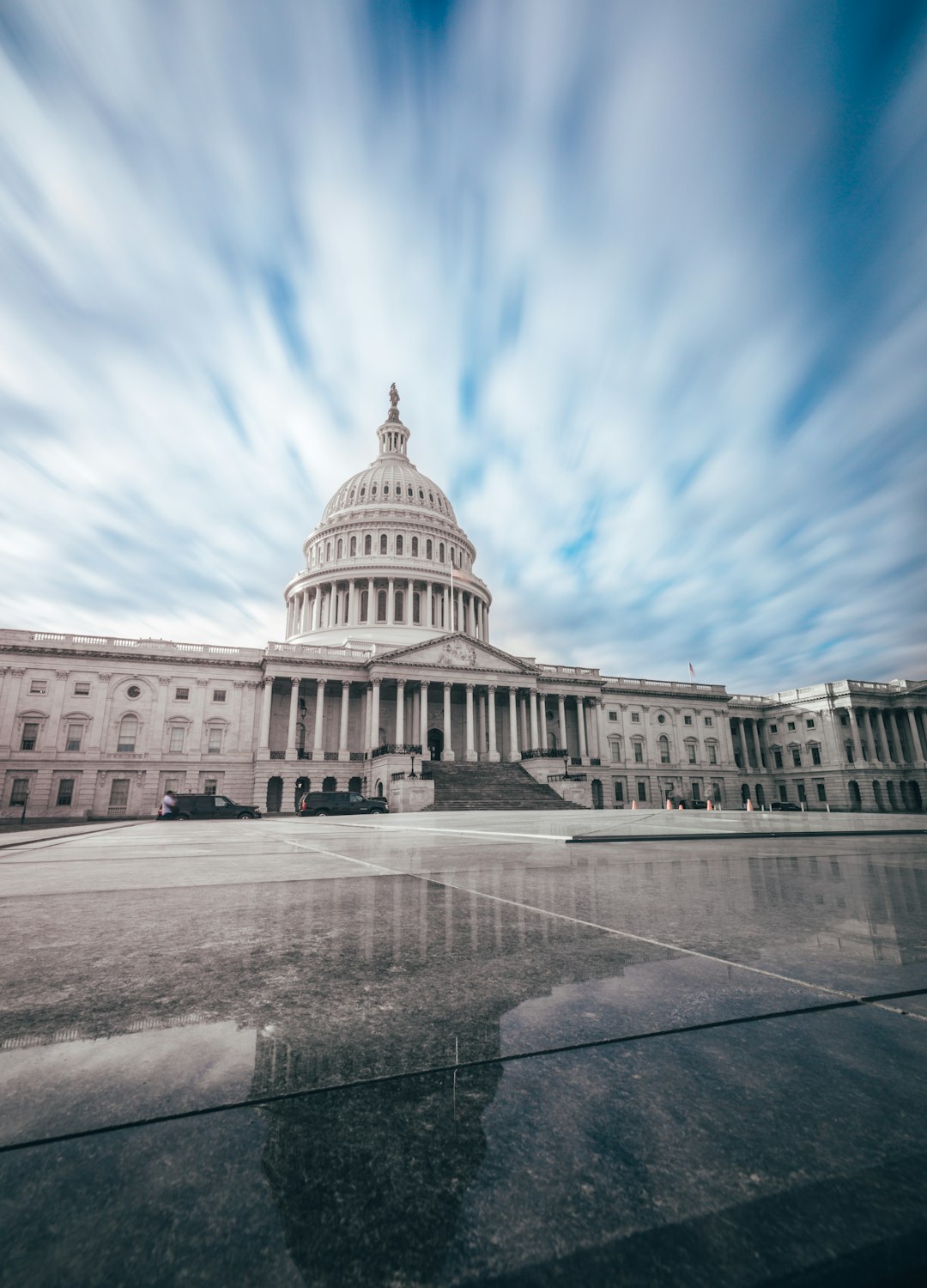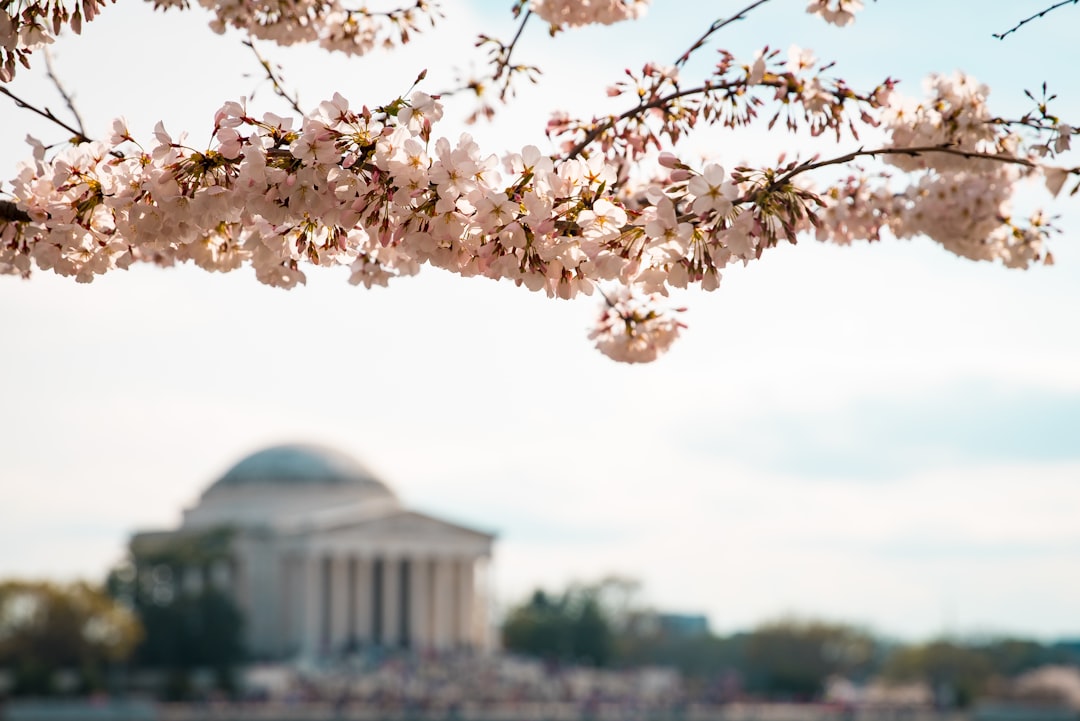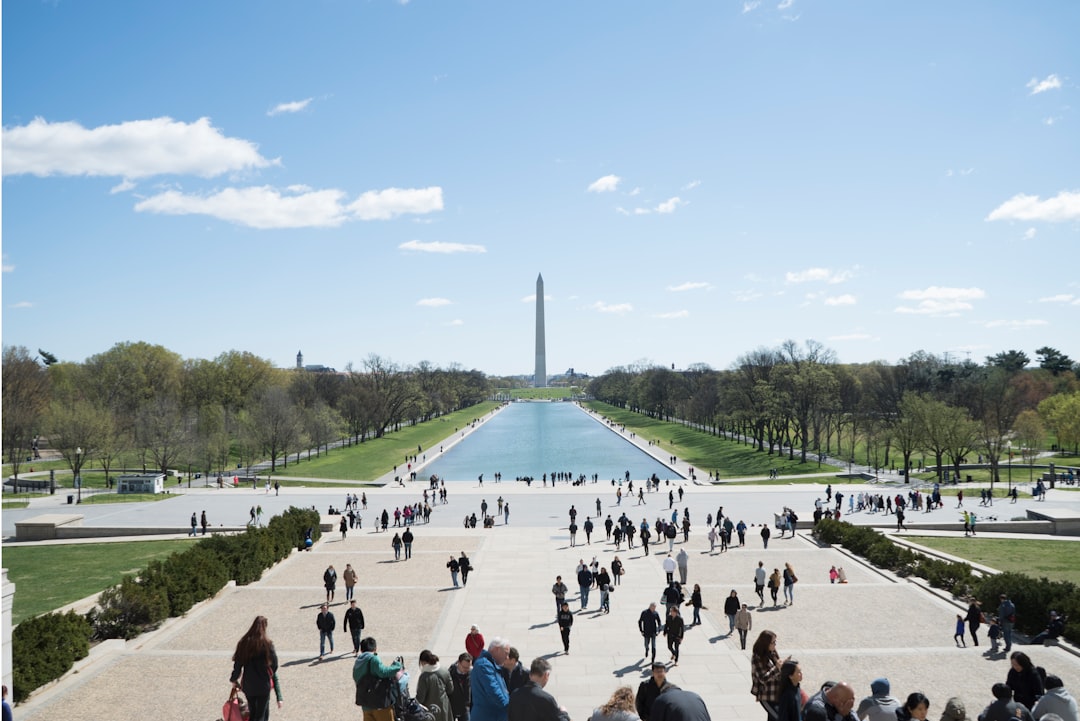In Washington State, strict telemarketing regulations, including a unique written consent requirement, aim to protect residents from unwanted calls, especially those on the "Do Not Call" registry. However, loopholes and aggressive marketing tactics, particularly from law firms using robocalls, have led to consumer frustration and a surge in requests for legal aid. Recent enhancements focus on strengthening do not call laws and consumer protection by expanding communication channels covered and exploring data-driven solutions with AI. These developments aim to balance business outreach with curtailing nuisance calls, providing better protection against invasive telemarketing practices in Washington State.
The future of telemarketing regulations in Washington State is a topic of growing importance as consumer protection laws evolve. With the rise of technology, traditional telemarketing practices have adapted, presenting new challenges and loopholes in the existing framework. This article explores the current state of telemarketing regulations in Washington, delves into specific issues plaguing the industry, and previews proposed changes aimed at strengthening protections for residents, with a focus on accessible resources like ‘Do Not Call’ lawyer services in Washington for those who need legal aid.
Current State of Telemarketing Regulations in Washington

In Washington State, telemarketing regulations are governed by a blend of state and federal laws, with a significant focus on protecting residents from unwanted calls, specifically those labeled as “Do not call.” The state has implemented robust measures to ensure consumers’ privacy and peace, reflecting a conscious effort to curb excessive telemarketing practices. One key aspect is the strict enforcement of the federal “Do Not Call” registry, which allows citizens to opt-out of marketing calls. Washington’s Attorney General’s Office plays a pivotal role in monitoring compliance, issuing warnings, and taking legal action against violators, including law firms and attorneys who engage in unsolicited calling.
Moreover, the state has its own unique rules, such as requiring telemarketers to obtain written consent before contacting residents. This stringent approach extends to businesses seeking legal representation, emphasizing that lawyers and law firms operating in Washington must adhere to these regulations, particularly when it comes to the “Do not call” preferences of potential clients. Any failure to comply can lead to penalties, making it crucial for professionals in this field to stay informed about the latest telemarketing laws, especially those related to avoiding unwanted contact with prospective clients.
Challenges and Loopholes in the Existing Framework

The existing framework governing telemarketing in Washington State faces significant challenges and loopholes that require addressing. Despite laws like the Telephone Consumer Protection Act (TCPA) and state-specific regulations, such as those enforced by the Washington Utilities and Transportation Commission (WUTC), telemarketers continue to exploit gaps in the system. One notable concern is the proliferation of robocalls and automated messages, which often violate the “Do Not Call” registry. Many consumers in Washington State have registered their numbers on this list, yet they still receive unwanted calls from law firms and attorneys, commonly known as “Do not call lawyer Washington” or “Do not call attorneys Washington.”
These loopholes allow telemarketers to circumvent regulations by using sophisticated technologies that bypass traditional methods of caller identification. This has led to a surge in aggressive marketing tactics, causing frustration among residents. As a result, there is an increasing demand for legal aid from those affected, prompting many to seek representation from lawyer for Do not call Washington to navigate these complex issues and ensure their rights are protected against intrusive telemarketing practices.
Proposed Changes and Future Trends: Protecting Consumers in Washington State

In recent years, there has been a growing push to enhance telemarketing regulations in Washington State, primarily focusing on do not call laws and consumer protection. Proposed changes aim to strike a balance between allowing legitimate business outreach while curtailing nuisance calls. One notable trend is the expansion of do not call lists to include not only phone numbers but also email addresses and other communication channels, reflecting the evolving digital landscape. This shift ensures that residents in Washington State have greater control over their personal information and privacy.
Future trends suggest a more data-driven approach to telemarketing regulation. Advanced analytics can help identify patterns of abusive calls and enable authorities to take targeted actions against offending lawyers or attorneys/law firms. Additionally, the integration of technology like artificial intelligence could automate the process of blocking unwanted calls, providing an efficient solution for consumers. Such developments promise a more robust framework to protect Washington State residents from invasive telemarketing practices, backed by both state-level initiatives and innovative technologies.






